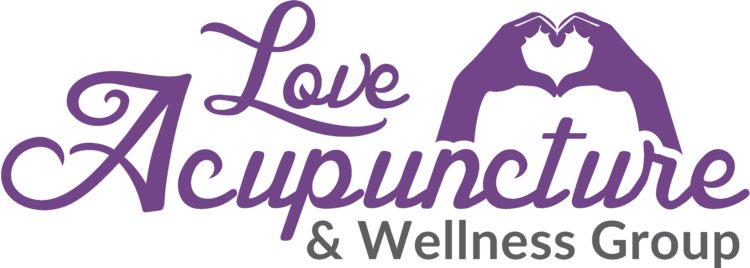Acupuncture for Anxiety
While everyone feels anxiety from time to time, some people suffer from anxiety disorders that can impact their ability to function well in their day-to-day life. These disorders can range from generalized anxiety, to social anxiety, to panic and phobia disorders.
Symptoms of these disorders, according to the National Institute of Mental Health, can range from an inability to concentrate to real pain such as chest pains, headaches, and stomachaches. Anxiety symptoms, especially as a result of anxiety disorders, can be both mental and physical, and have the potential to severely impact the life of someone suffering from them.
Anxiety and anxiety disorders are a prevalent problem. The Anxiety and Depression Association of America reports that 40 million adults in the U.S. alone are affected by an anxiety disorder, making it the “most common mental illness in the U.S.” for people 18 years of age and older.
Common treatments include therapy and medication. However, some folks may suffer adverse side effects or simply not want to take medication to help treat their anxiety. Acupuncture is often turned to as an alternative treatment for these disorders, and research has been supporting its benefits as a complementary treatment for anxiety.
In fact, an article from Time.com opens by stating, “Acupuncture may work by targeting the same pathways that stress travels along,” going on to describe some current research in Western medicine about this. However, acupuncture practitioners have known this for a long time: since its advent thousands of years ago, acupuncture providers maintain that by balancing Qi, or the body’s natural energies, disorders and symptoms from anxiety to pain to common illnesses may be treated and improved.
One meta-analysis, which is an analysis of many different studies on a particular topic—in this instance, studies on the efficacy of acupuncture in treating anxiety disorders—found that “…acupuncture therapy aimed at reducing anxiety in patients with GAD has certain beneficial effects compared to controls.” This means that across studies, acupuncture was found to be beneficial in the treatment of anxiety when compared to groups who did not receive acupuncture treatment.
Another study looked at providers’ perspectives on utilizing acupuncture as a treatment in mental health care. Their results found that both patients and providers found the experience overwhelmingly positive in its emphasis in patient-provider communication, whether verbal or nonverbal, largely as a results of acupuncture’s patient-centered approach.
In the results of this study, the authors state, “The health care professionals in the present study experienced acupuncture to be a person-centered intervention, promoting partnership with the patient… Adding acupuncture to psychiatric care is in line with the contemporary movement towards person-centered care, emphasizing participation, shared decision-making and autonomy. Patients with psychiatric illness, acute or chronic, need help to reduce symptoms, and participants in the present study perceived that acupuncture decreased symptoms in the patients.”
A systematic literature review, which is somewhat like a meta-analysis, described “positive findings” were generally reported in studies of acupuncture for anxiety.
These findings make sense: according to acupuncture providers, the energy of a person, or their Qi, needs to be balanced in order for a person to feel mentally and physically well. Because acupuncturists treat this directly, patients report feeling improvements both in their physical wellbeing and their mental wellbeing.
The treatment itself also incurs benefits that help lessen anxiety. The quiet treatment, one-on-one interaction with a provider who looks at patients holistically, and a respite for an hour or so from life and outside environments offer a chance at rest and relaxation while providers treat the symptoms and condition itself.
Our providers specialize in treating mild to moderate anxiety. If you experience severe anxiety, we recommend reaching out to someone with more specialized training and resources to help you. If you are experiencing a mental health crisis or emergency, call 911. If you experience severe anxiety and don’t know where to start looking for help, we recommend calling:
National Suicide Prevention Hotline: 800-273-8255
SAMHSA Notional Helpline: 1-800-662-HELP (4357)
Trevor Project Hotline (for LGBTQ+ individuals): 1-866-488-7386 or text “START” to 678-678
For those that deal with mild to moderate anxiety, acupuncture may offer a safe, natural, and effective treatment to help control symptoms. We encourage anyone struggling with anxiety and its related symptoms to contact our office by emailing info@loveacu.net or calling us at (503) 343 9851 to find out for yourself the healing power of acupuncture.
For Further Reading:
“Anxiety Disorders,” National Institute of Mental Health.
“Facts & Statistics,” Anxiety & Depression Association of America.
“This May Be How Acupuncture Tamps Down Stress,” Time, Time.com; Mandy Oaklander, 2015.

